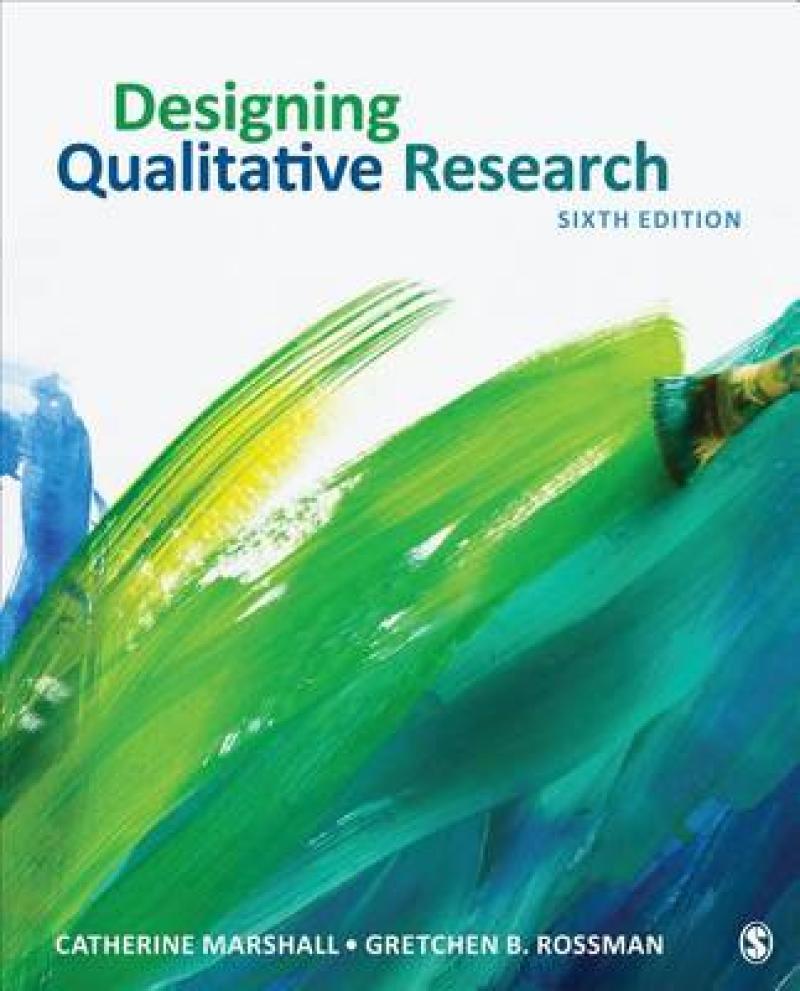"This is a handy, practical text for newcomers to qualitative research who are preparing a proposal." -- Jon Travis, Texas A&M University - Commerce<br />"This is by far the most readable text on methodology I've used in my work with education graduate students. Its careful, detailed and rich explanation of the research process makes it a crucial tool for anyone working with students who are ready to begin the process of qualitative research. But it is the thick, authentic descriptions of researchers actively engaging in the puzzles and dilemmas of doing complex, ethical, and socially powerful research that makes it an invaluable guide for the student at all stages in their research process. It is a text that a student will return to over and over again, and become that dog eared companion that accompanies them from the beginning to end of their research journey." -- Catherine McGregor, University of Victoria<br /><p>"A student friendly book that would have been beneficial to my own research development in graduate school." </p> -- Ifeoma Amah, University of Texas at Arlington<br /><p>"The authors create a mosaic of qualitative research procedures using text, tables, figures, and vignettes that move the reader between the theoretical and practical aspects of conducting quality research." </p> -- LeAnn Putney, University of Nevada - Las Vegas<br /><p>"This text will be helpful to graduate students when they first encounter qualitative research and its possibilities. It is both practical and philosophical, and it provides useful advice on strategies to embrace and pitfalls to avoid." </p> -- Mary Jean Herzog, Western Carolina University
This new edition gives students, research managers, policy analysts, and applied researchers clear, easy-to-understand guidance on designing qualitative research. While maintaining a focus on the proposal stage, this best-selling book takes readers from selecting a research genre through building a conceptual framework, data collection and interpretation, and arguing the merits of the proposal. Extended discussions cover strategies that researchers can use to address the challenges posed by postmodernists, feminists, and critical race theorists, as well as others who interrogate historical qualitative inquiry. The book also includes thoughtful discussion on trustworthiness and ethics, in addition to dealing with time, resource, and political stressors inherent to the research process. Throughout the book, the authors emphasize the importance of being systematic but also inspire readers with potential "Aha!" moments and opportunities to do research in close connection with people and communities.
New to this edition:
- Contemporary issues, methods, and considerations that have emerged in the last few years include discussions on arts-informed inquiry, multimodal inquiry, critical dis course analysis, case studies, grounded theory, autoethnography, and examples of the bur geoning use of social media and various computer and Web-based applications.
- New questions explore the issues and design dilemmas of today's qualitative researchers.
- New vignettes cover such topics as researchers' challenges in designing research with homeless, refugee, and immigrant populations; the interplay between ethics and trustworthiness; and exquisite sensitivity in research on sexual harassment.
- Suggestions for planning for data analysis at the proposal stage and for managing analysis in writing final reports have been added.
- A new Dialogue Between Authors section in every chapter depicts how the authors' experiences in teaching and advising have informed the development of the new edition.
- New and revised Dialogue Between Learners sections feature the exchange of thoughts and ideas of two novice qualitative researchers.
- The new Some of Our Favorites listing at the end of each chapter's Further Reading section provides recommended references for further exploration.
- The advances and challenges presented by new technologies and provocative, creative modes of presentation are incorporated throughout.
